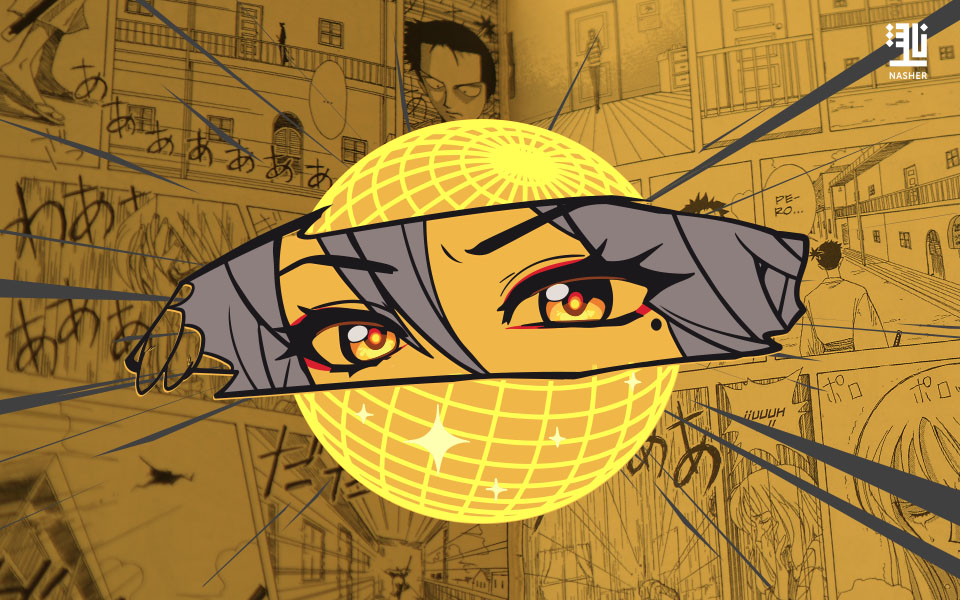Why Japanese Manga Isn’t as Popular in the Arab World as Elsewhere?
Japanese manga books have enjoyed immense popularity worldwide, captivating readers of diverse cultures and languages. However, the Arab world has been somewhat resistant to this global trend, with manga not reaching the same level of widespread acceptance as in other regions. But why is this literature not popular in the Arab world?
Firstly, cultural differences play a significant role. Manga often features themes, art styles, and storytelling techniques that may not align with the cultural norms and values of the Arab world. Content related to romance, violence, or religious sensitivities may deter readers or be subject to censorship.
Secondly, language barriers hinder accessibility. While manga is translated into various languages, Arabic translations have been limited in quantity and quality. This limits the reach of manga to Arabic-speaking audiences and can deter potential readers.
Additionally, the Arab world has a strong tradition of its own storytelling, with rich historical and literary heritage. This might make it challenging for manga, with its distinct visual and narrative style, to break into the market.
Despite these obstacles, manga has found a niche following among Arab youth and is slowly gaining popularity. With more culturally sensitive adaptations and improved translations, it’s possible that Japanese manga could have a more significant presence in the Arab world in the future.







